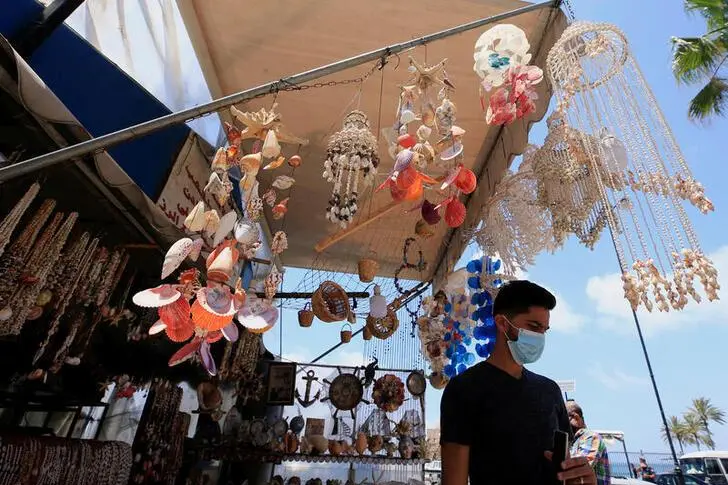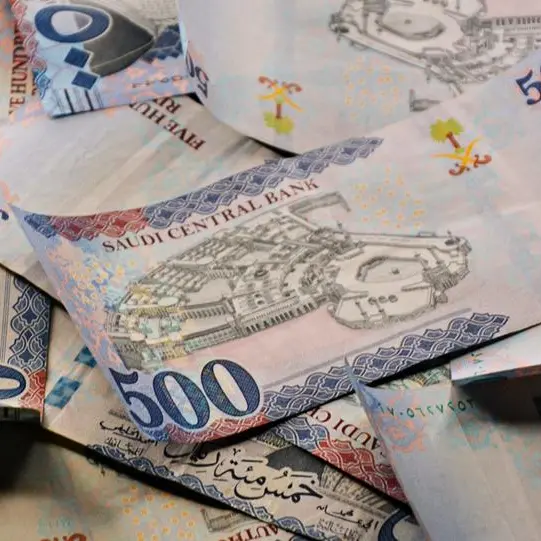PHOTO
BEIRUT: Consumer prices in Lebanon increased by 58.1 percent in the first eight months of 2020, the latest data from the Central Administration of Statistics showed as politicians bickered over the formation of a new government that will be tasked with saving the country from its worst ever financial crisis.
Inflation in August also increased by 120 percent on the previous August, with the price of food and non-alcoholic beverages rocketing by 467 percent during that period. The price of alcohol and tobacco shot up 5.4 times, while furnishings and household equipment were 7.6 times more expensive year-on-year in August 2020. Clothing and footwear prices also rose by 513 percent.
The cumulative surge in inflation in the first eight months of 2020 is due in part to the inability of authorities to monitor and contain prices, as well as to the deterioration of the Lebanese pound's exchange rate on the parallel market, which has encouraged opportunistic wholesalers and retailers to raise the prices of consumer goods disproportionately, Byblos Banks research department said in a report Tuesday.
Consumer prices are likely to increase further if Central Bank Gov. Riad Salameh follows through on his word that the bank will soon stop subsidizing goods such as fuel, wheat, medicine and a basket of around 200 basic consumer goods.
Salameh says that the banks reserves are too low to maintain these subsidies. These subsidies have contributed to the 26.7 percent, or $8.43 billion drop in BDLs foreign currency reserves between Jan. and mid-Sept. 2020.
BDLs interim balance sheet on Sept. 15 showed that it had foreign assets worth $23.1 billion, excluding Lebanese Eurobonds, of which $17.5 billion are required reserves that cannot be used.
The international community has repeatedly said that it will help Lebanon finance its needs, particularly those following the disastrous Aug. 4 port explosion that caused up to $8.1 billion in losses, if Lebanese politicians swiftly form a new government that is capable of implementing long overdue economic reforms. The International Monetary Fund has also said that it is keen to resume negotiations for a requested $10 billion bailout as soon as a new government is in place.
The government formation process is, however, stalled over a dispute about control of the Finance Ministry.
Prime Minister-designate Mustapha Adib wants its leadership to change along with that of the Foreign, Interior and Defense ministries, while Shiite parties Hezbollah and the Amal Movement insist that their sect should stay at its helm.
The Lebanese pound has lost around 80 percent of its value in under a year, and sunk further against the dollar Tuesday, trading at around LL8,000 on the black market.
Copyright 2020, The Daily Star. All rights reserved. Provided by SyndiGate Media Inc. (Syndigate.info).





















